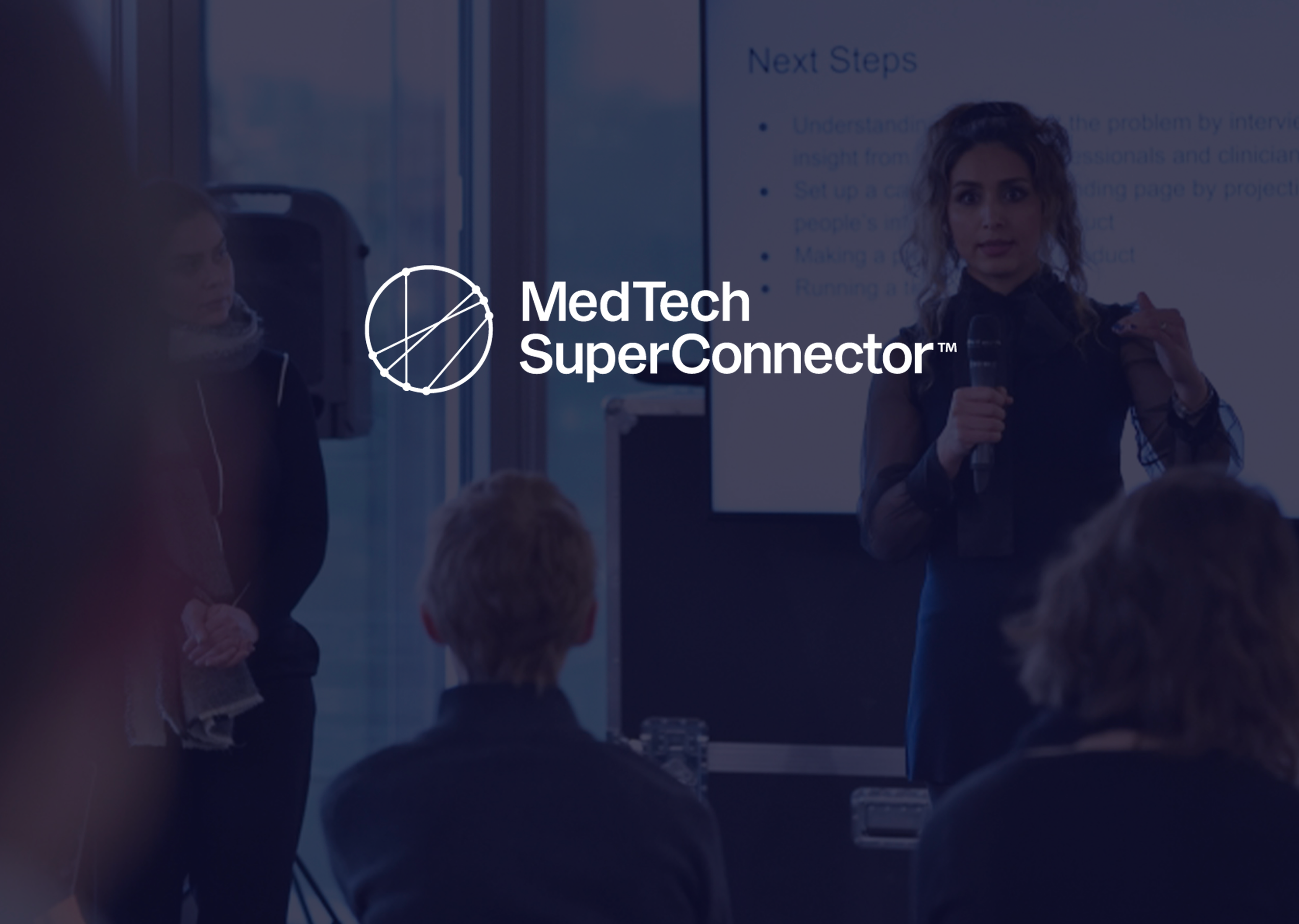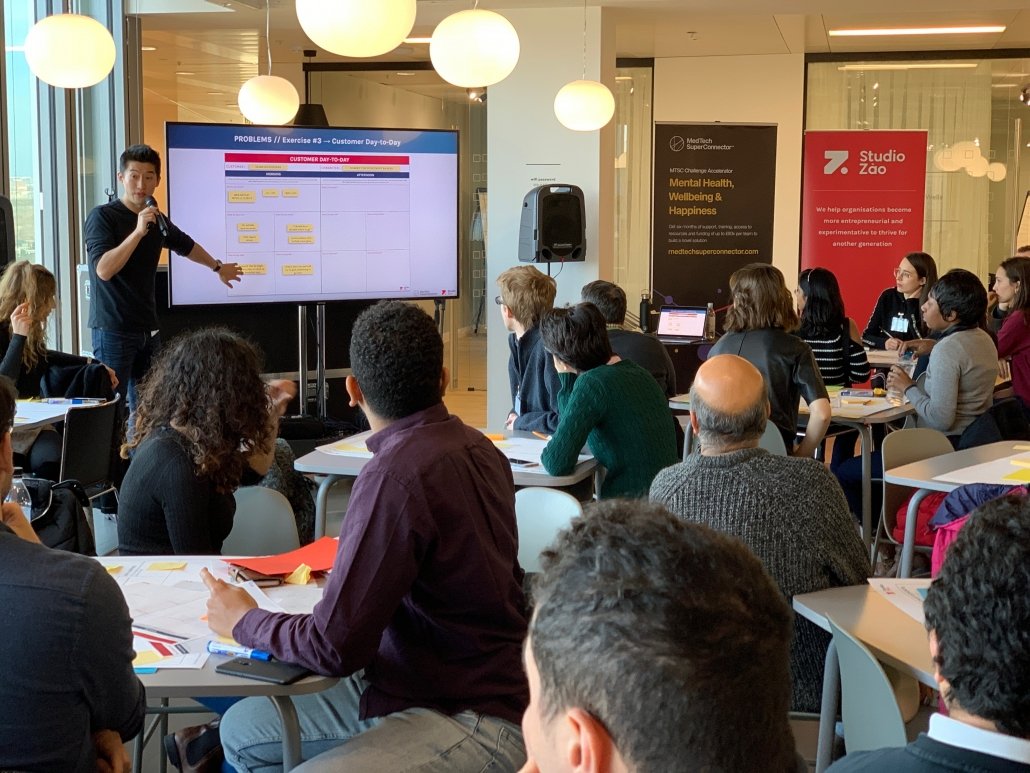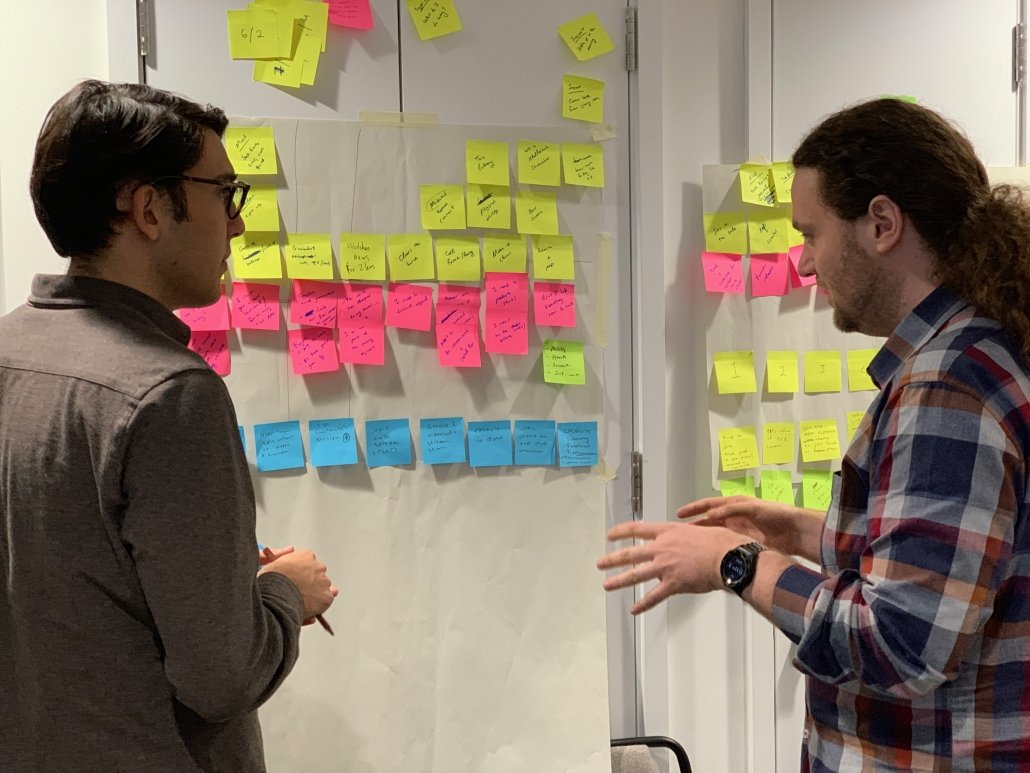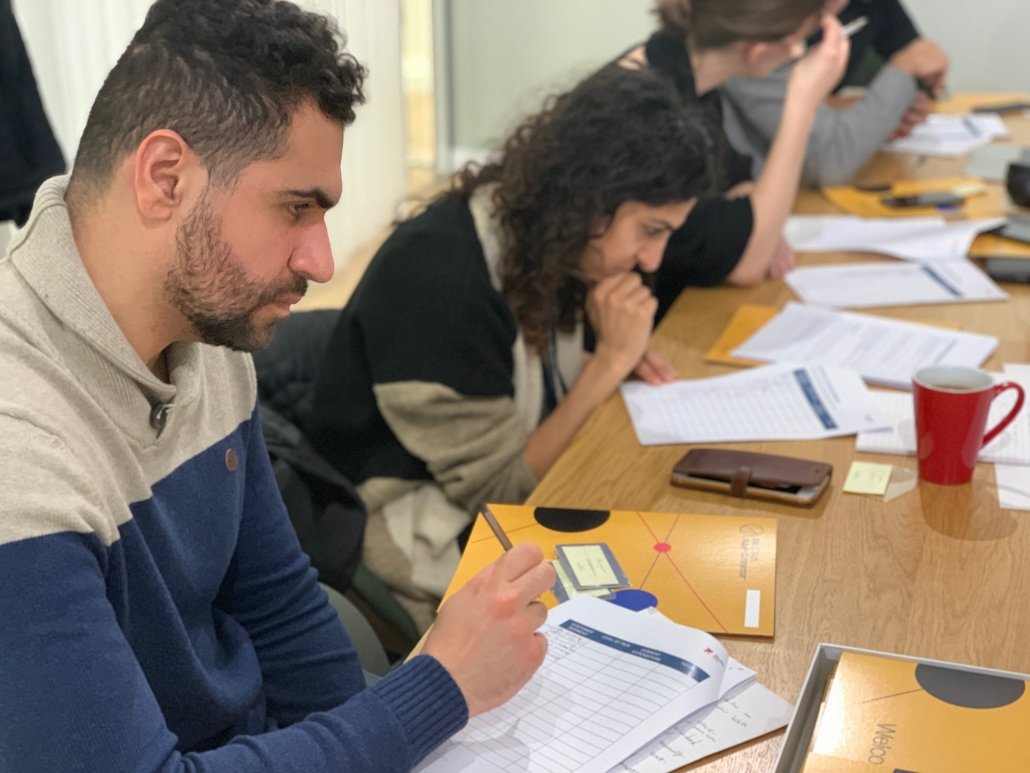Developed 10 MedTech Ventures Via A 6-month Venture Building Programme
We designed and ran a 6 months venture building programme for deep-science and healthcare innovation students from 8 leading UK academic institutions, guiding 10 Ventures through MedTech Superconnector.
Background
The MedTech SuperConnector (MTSC) is a consortium formed of 8 leading UK academic institutions (Imperial College London, Queen Mary University of London, Royal College of Art, Royal College of Music, Institute of Cancer Research, Royal Veterinary College, Buckinghamshire New University and The Francis Crick Institute).
MTSC exists to accelerate the commercialisation and adoption of academic, deep-science medical and healthcare innovations, supported by £5M of funding from the UK Government. The Challenge Accelerator is a 6-month venture building programme that takes postdoctoral, PhD, and Master talents of any academic background from the consortium institutions with a passion for MTSC’s goals. Participants form venture teams with fellow researchers with complementary skills to work on early-stage ideas to tackle challenges in Mental Health and Wellbeing.
Brief
MTSC asked Studio Zao to help them with designing and delivering an end-to-end venture-building innovation programme over 6 months to develop 10 ventures from the 8 academic institutions.
IMPACT
We designed and delivered an end-to-end venture-building programme consisting of:
A 2-day Creation Hack
A 3-day Design Sprint
Multiple Lean Venture Building Workshops and Masterclasses
Ongoing Venture Development Coaching and Support
Creation Hack
We organised, designed and delivered a 2-day intensive hack process that ideated proposition concepts and formed 10 venture teams out of 100+ individuals through fundamental Lean Startup principles. Teams went from ideation and validation to pitch, working through intensive customer problem discovery and validation. They also “got out of the building” taking advantage of a crowded Saturday afternoon shopping mall in the proximity of the Creation Hack venue.
Design Sprint
We delivered a 3-day sprint aimed at deep-diving into customer pains and user journeys for rapid prototype development, user testing and MVP experimentation.
For the first time, teams tested their ideas with the customer, receiving feedback and insights.
Lean Venture Building Workshops and Masterclasses
During the months following the Design Sprint, we have delivered a series of targeted and hands-on workshops on:
Customer Discovery and Validation
Value Proposition Development (one-to-one 3 hours workshop)
Pitching
We also conducted one-to-one business coaching sessions every fortnight to align on progress and define next steps, for a total of 15 coaching hours each team.
Moreover, we have scheduled and conducted a series of venture reviews along the venture building journey to ensure accountability. Teams had to demonstrate and present progress in hitting a specific target to build evidence of market validation.
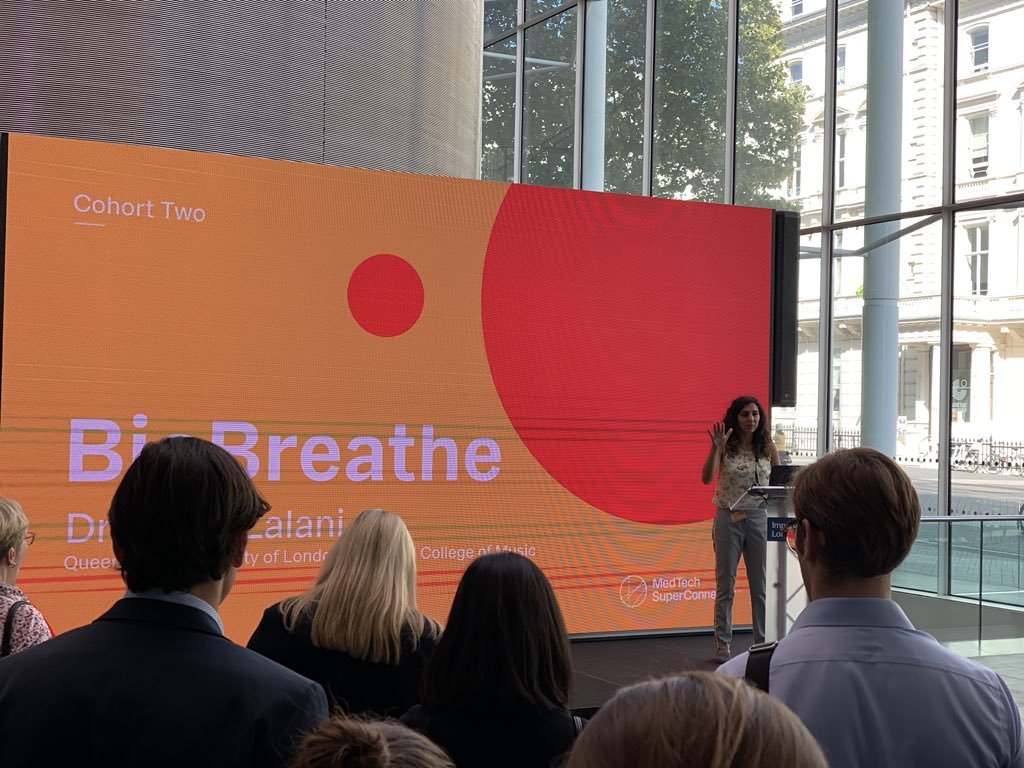
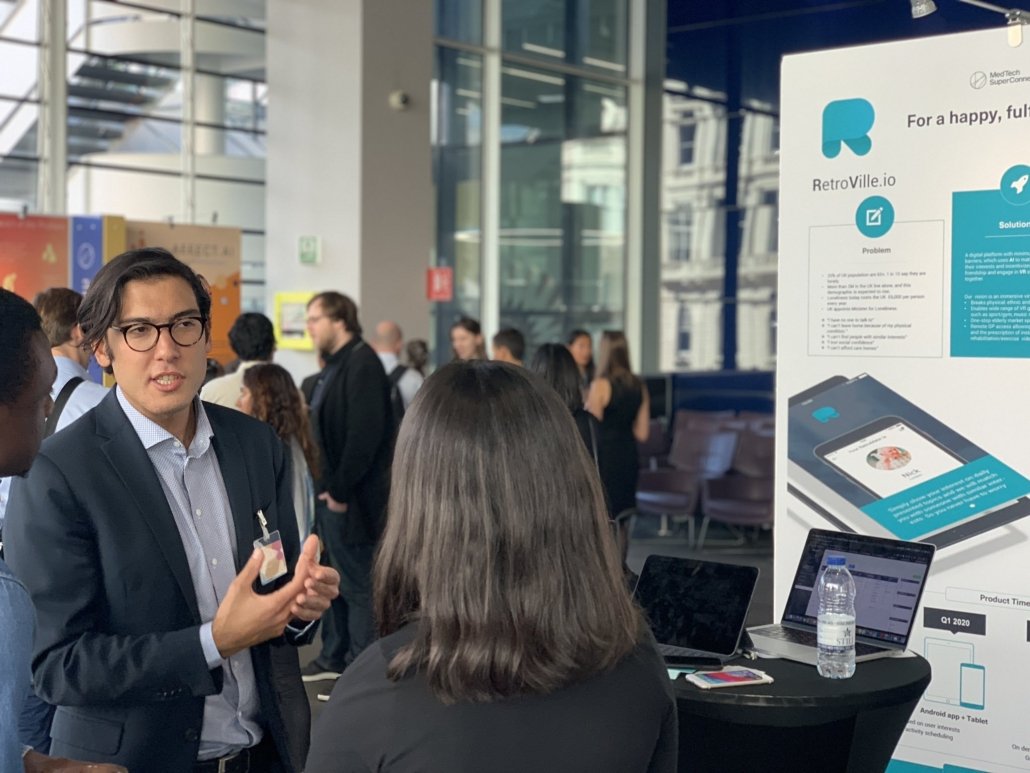
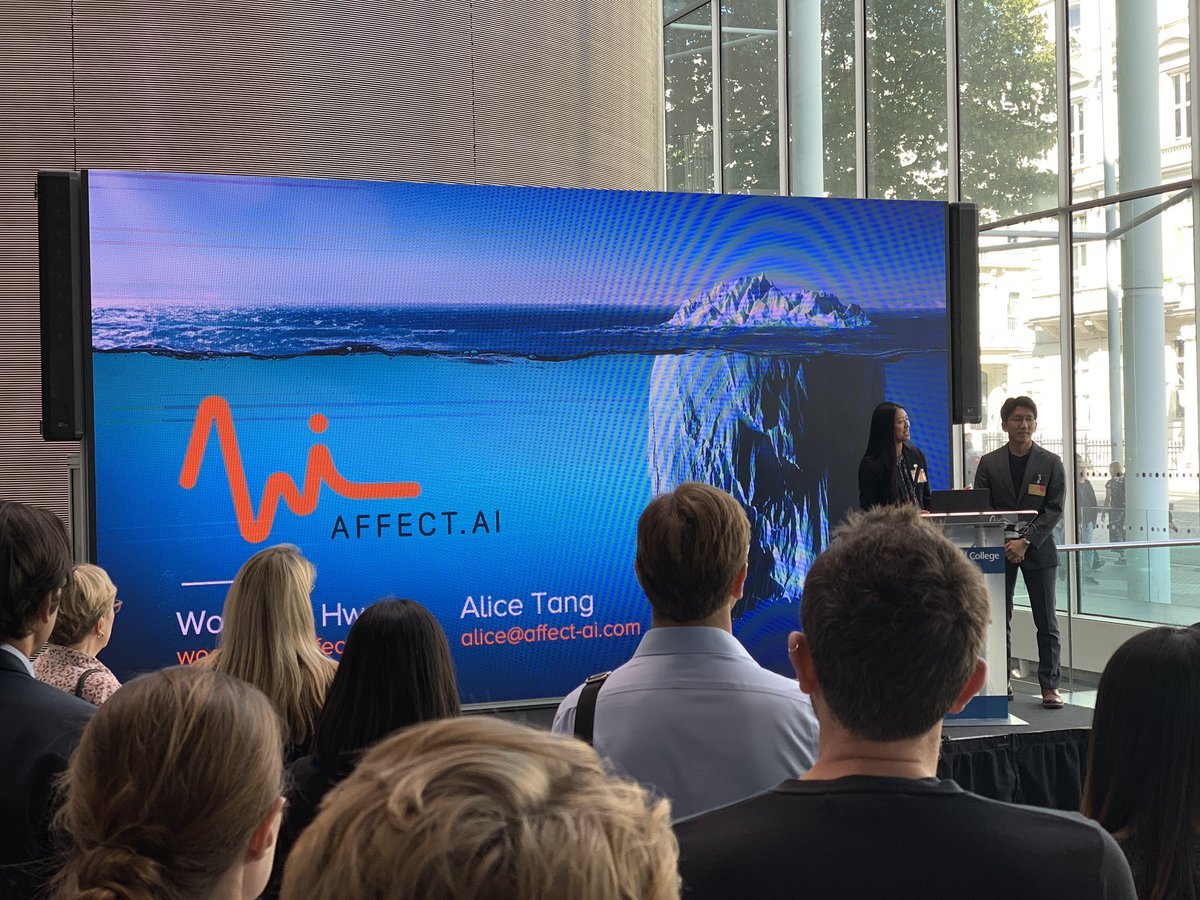
Outcomes
Starting from 100+ individuals, we created and accelerated 10 startup venture teams focusing on a range of healthcare challenges from cancer support to digital addiction and clinical-trial efficiency.
In September 2019, 6 of these ventures presented their progress in a public event at Imperial College London. Having started as individuals from 8 universities meeting in a snowy weekend in February, 6 months later a few ventures had already launched products and started trials.
Overall, startups from the MedTech SuperConnector filed 15 patents, formed 11 university spin-outs and raised £7.2 million in Venture Capital and Grants.
What our Clients Say
“Studio Zao’s expertise in the entrepreneurial process provided the structure and rigour needed for our teams to understand customer needs, develop value propositions and formulate their market validation plans. They have been instrumental in helping us design and facilitate our MedTech Challenge accelerator experiment.”
Hiten Thakar
Programmes Manage, MedTech SuperConnector
Have any thoughts or questions?

